Our Laboratories
Pharmaceutical Analysis Lab
Explore analysis of drug substances using modern instruments like HPLC and UV-Vis.
Pharmaceutical Chemistry Lab
Synthesis, purification, and study of pharmaceutical compounds.
Pharmaceutical Inorganic Chemistry Lab
Focus on inorganic substances used in pharmaceutical formulations.
Pharmaceutics Lab
Learn drug formulation and delivery systems hands-on.
Pharmacognosy Lab
Study medicinal plants and herbal drug extraction.

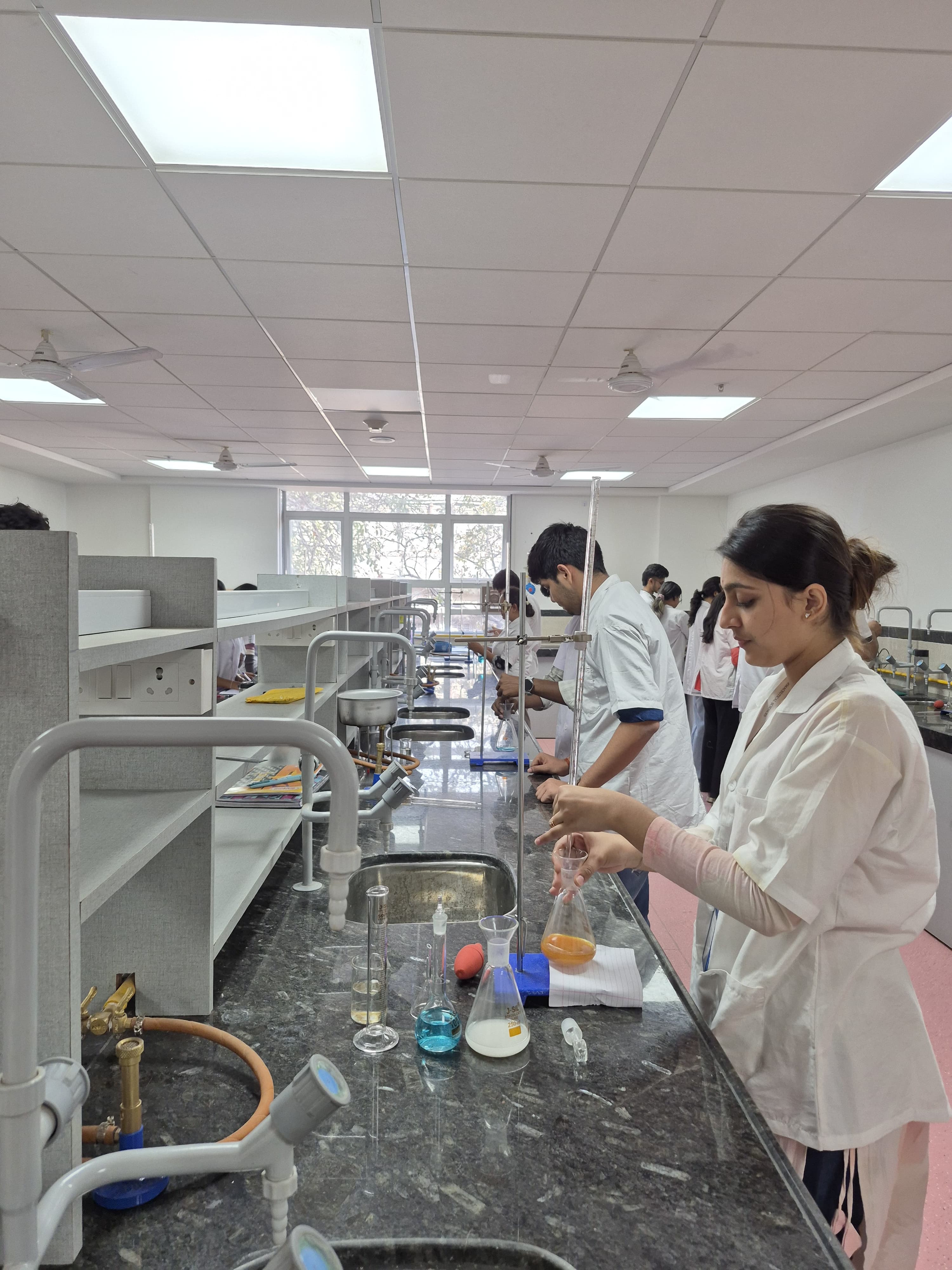
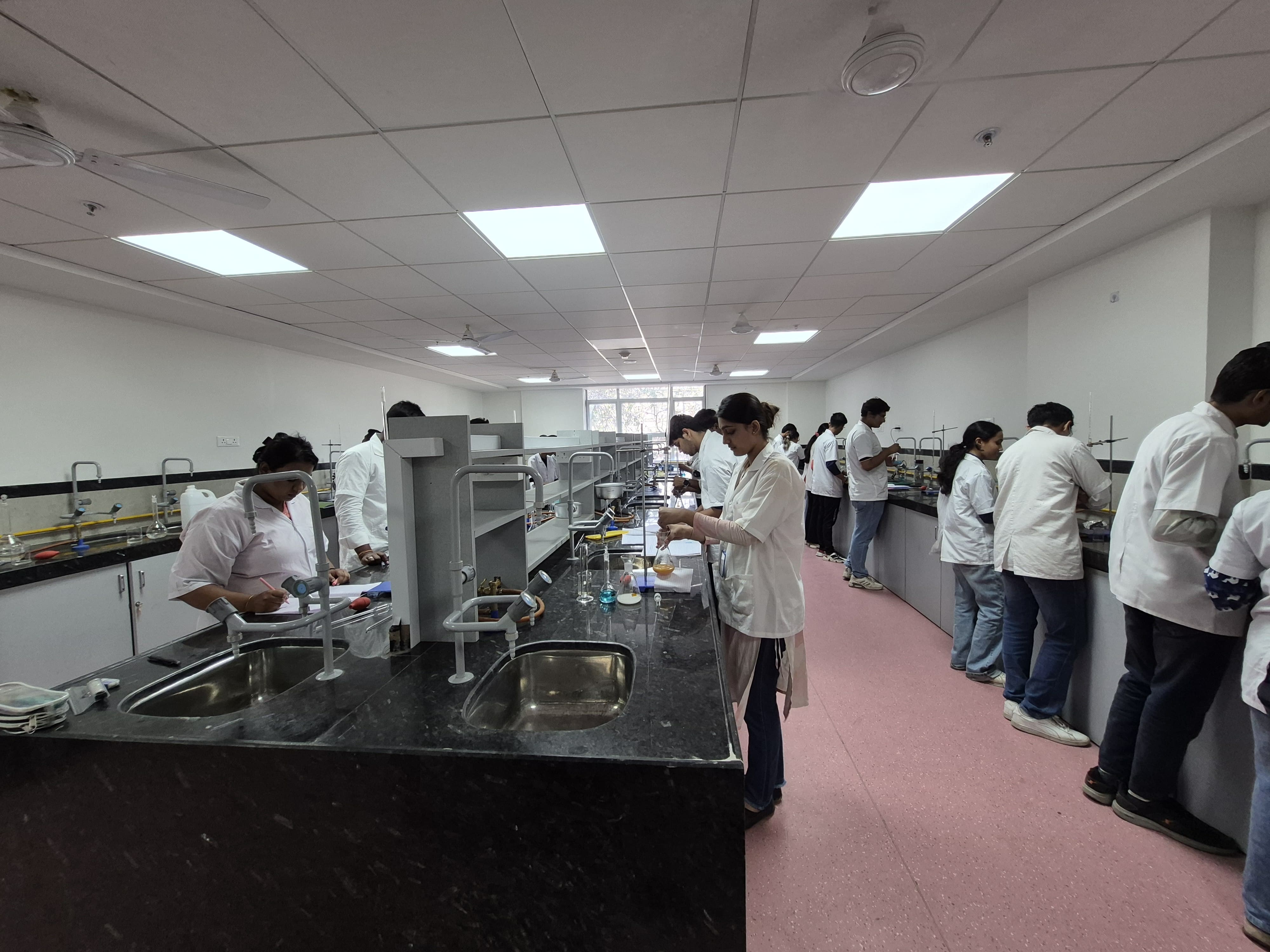
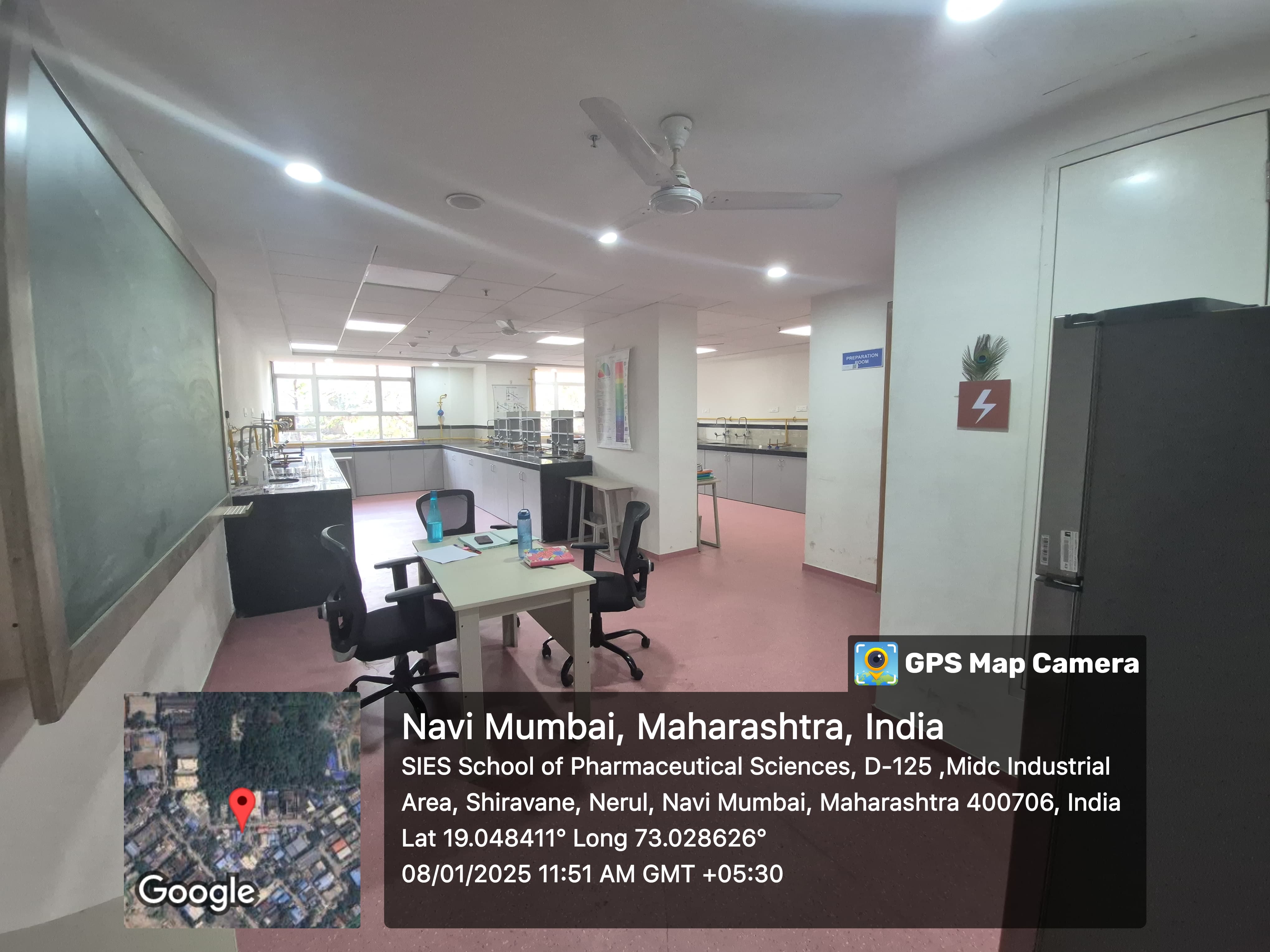
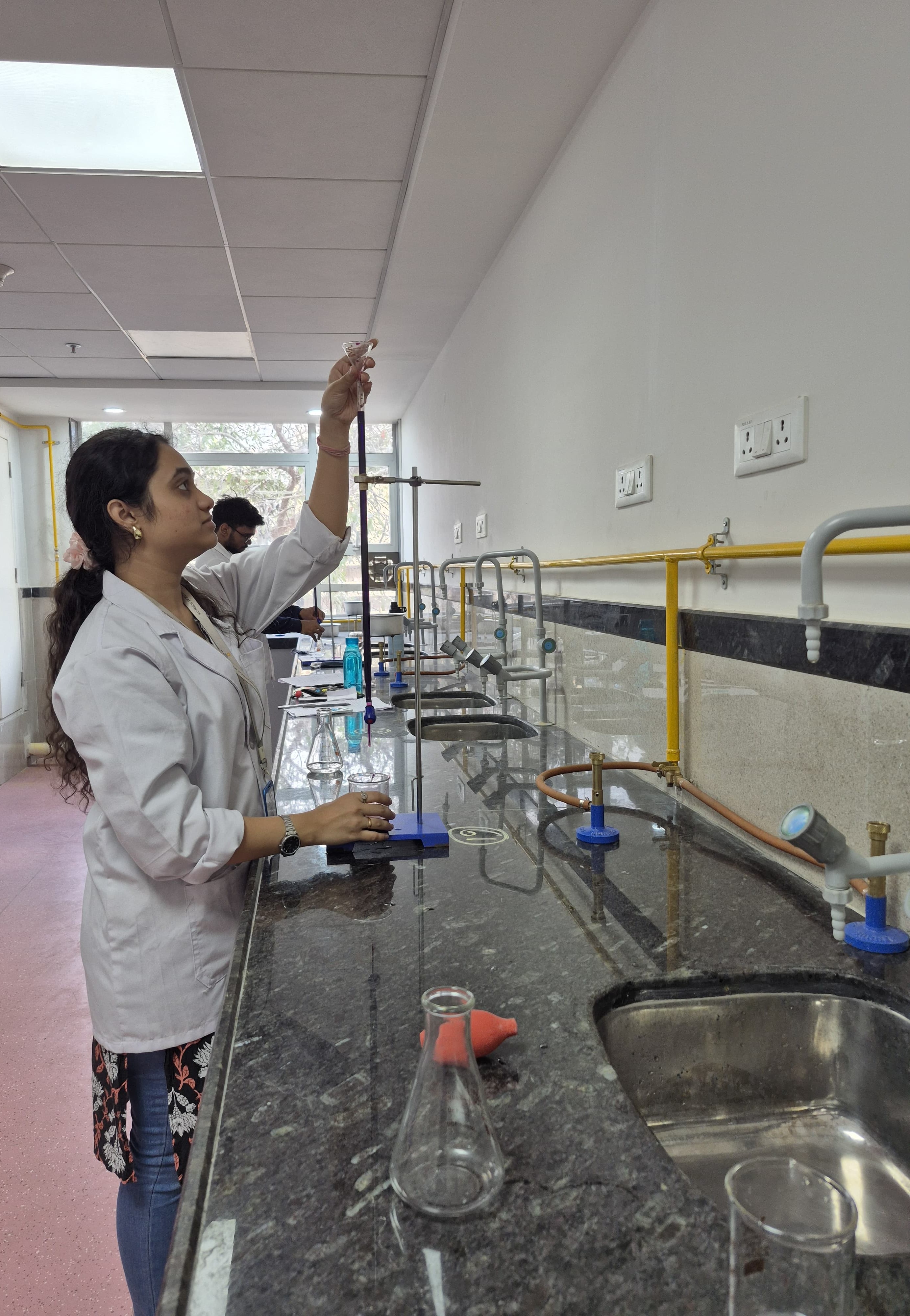

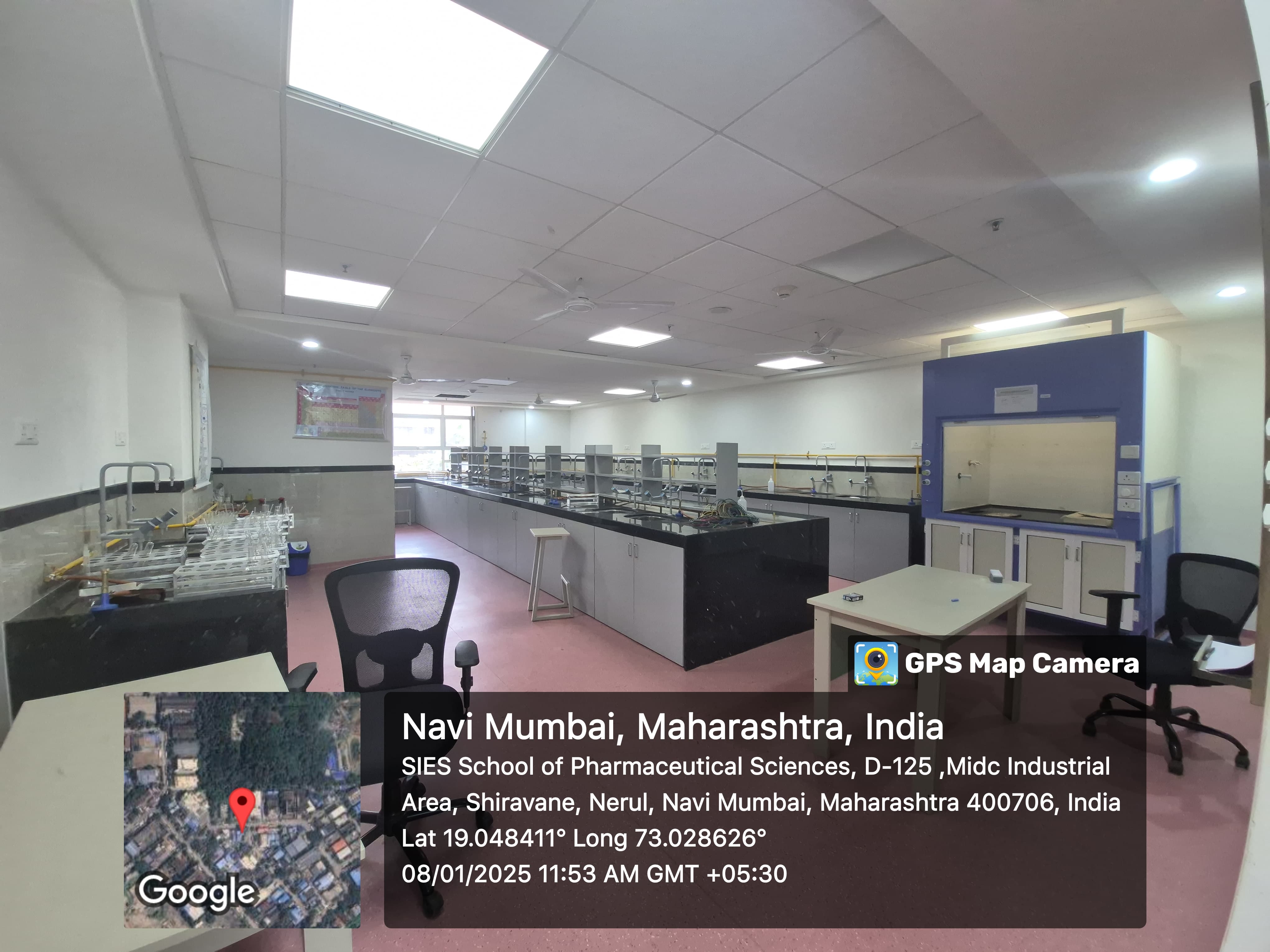
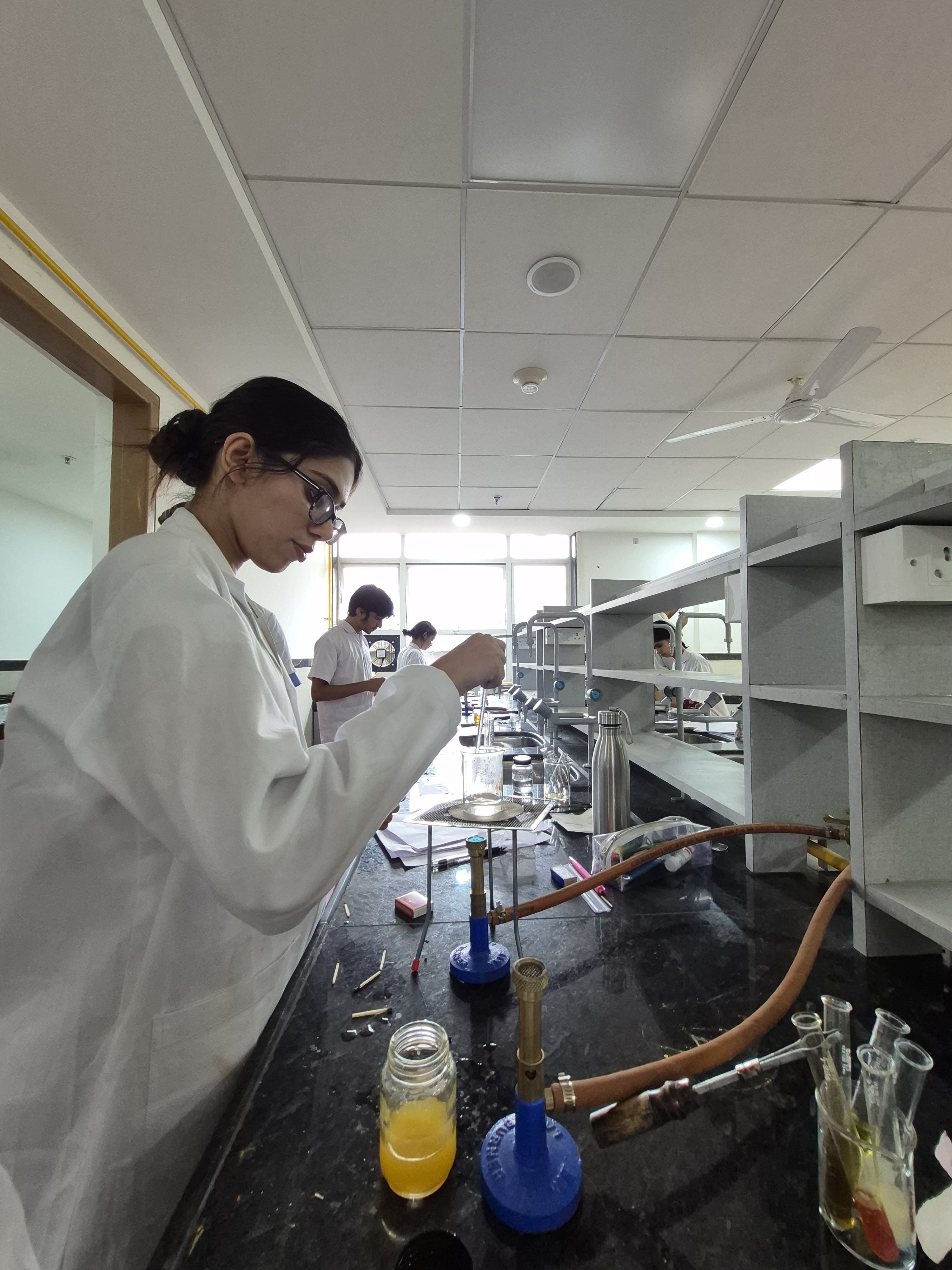
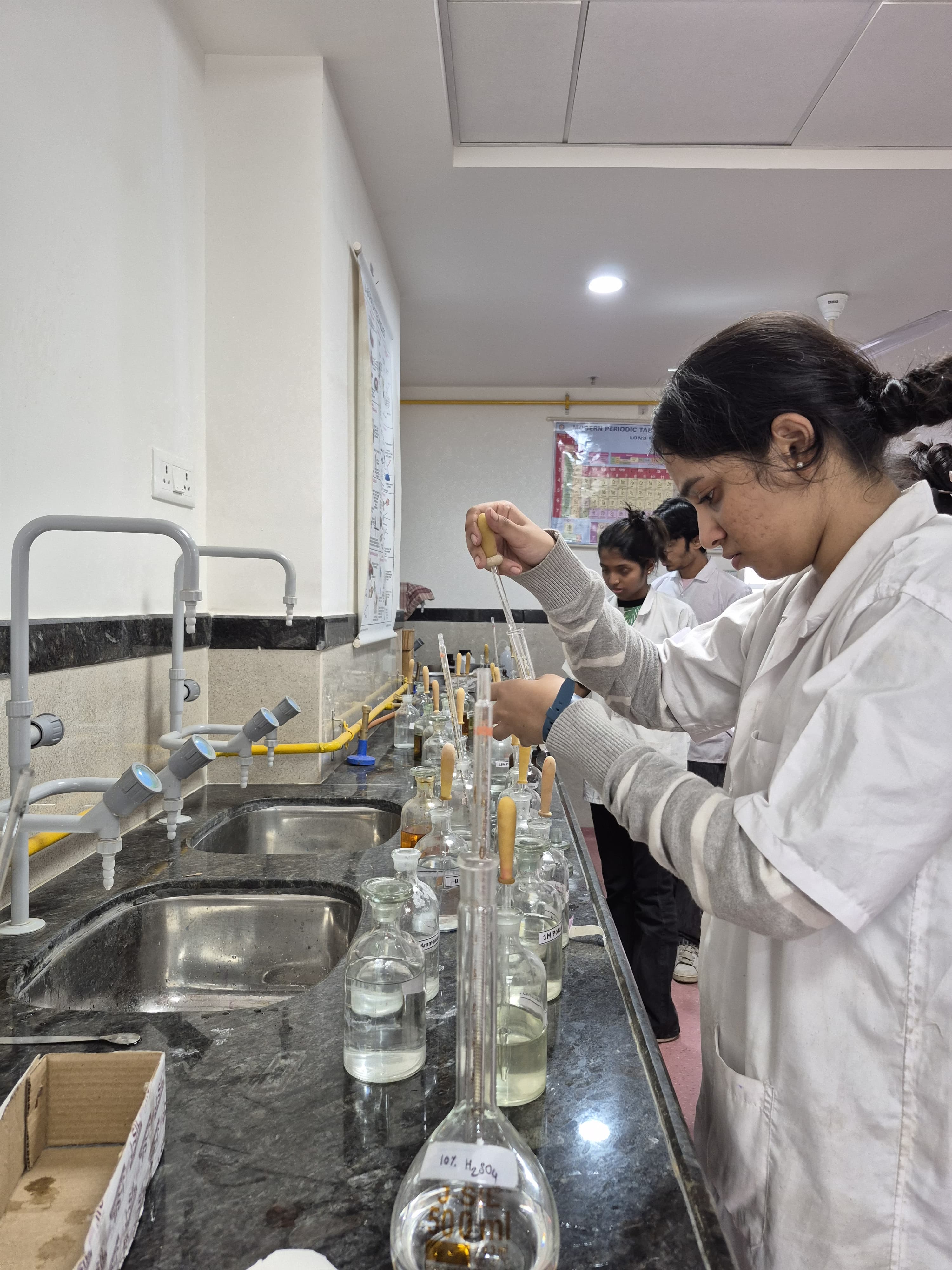
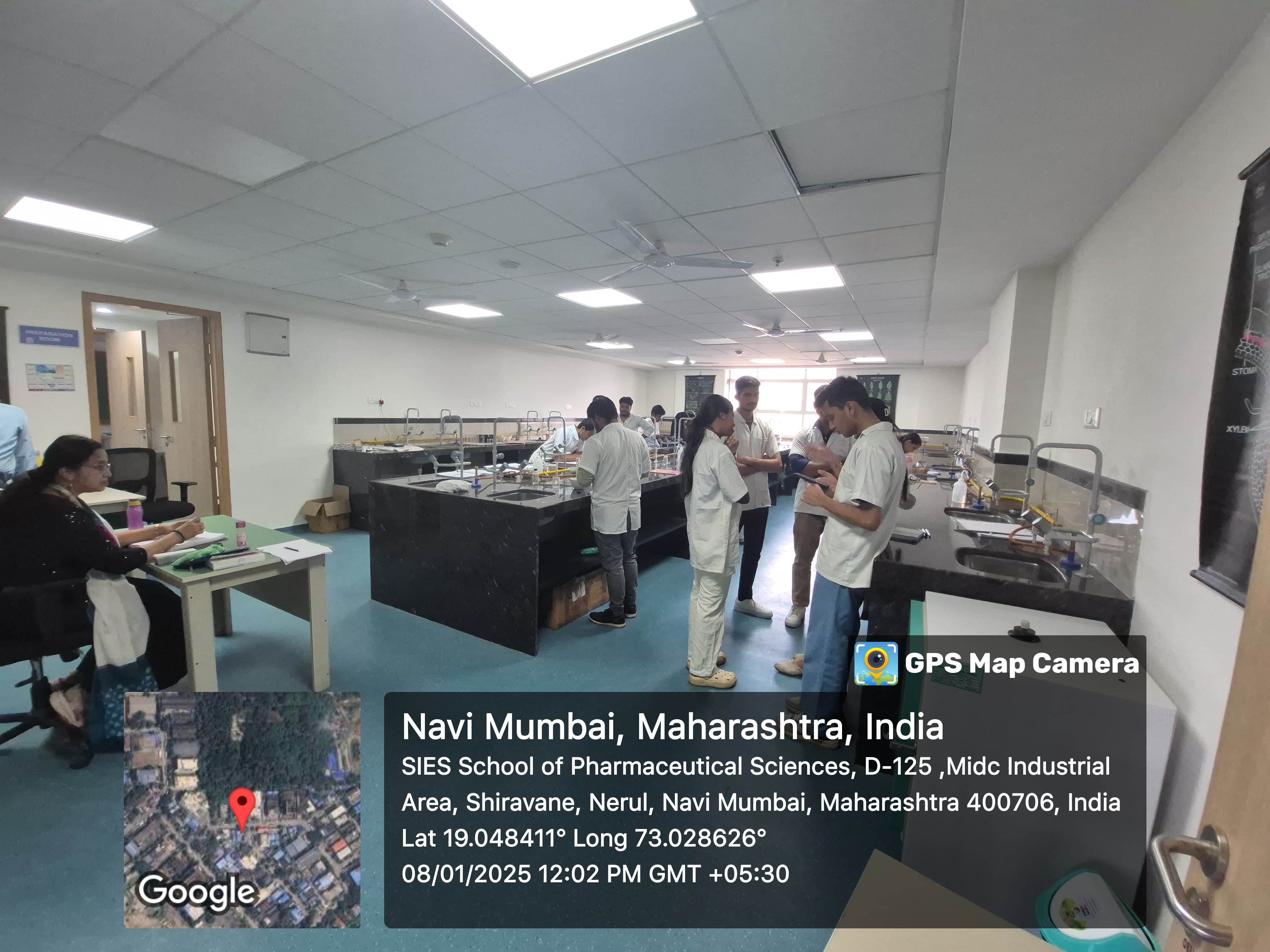
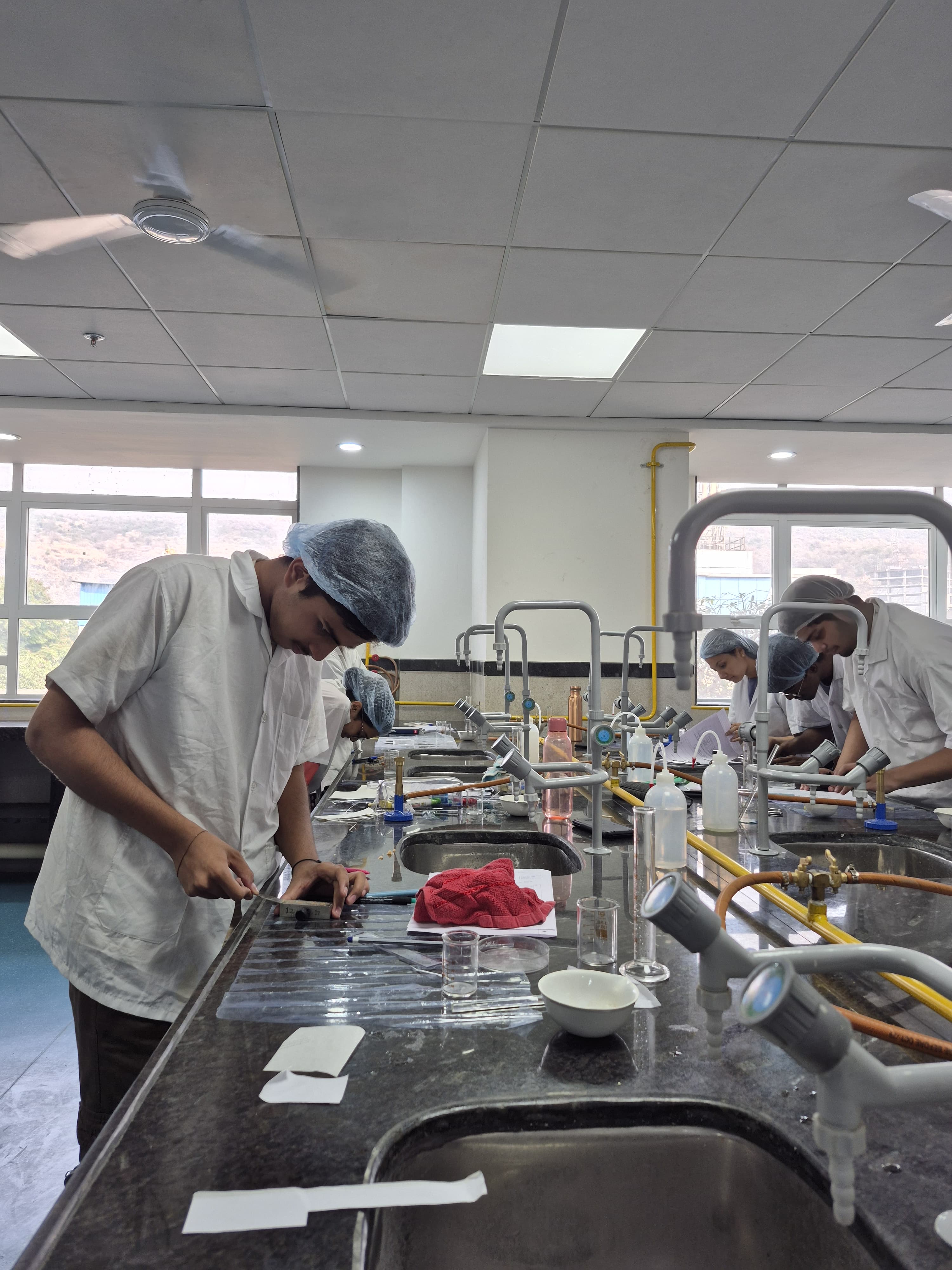
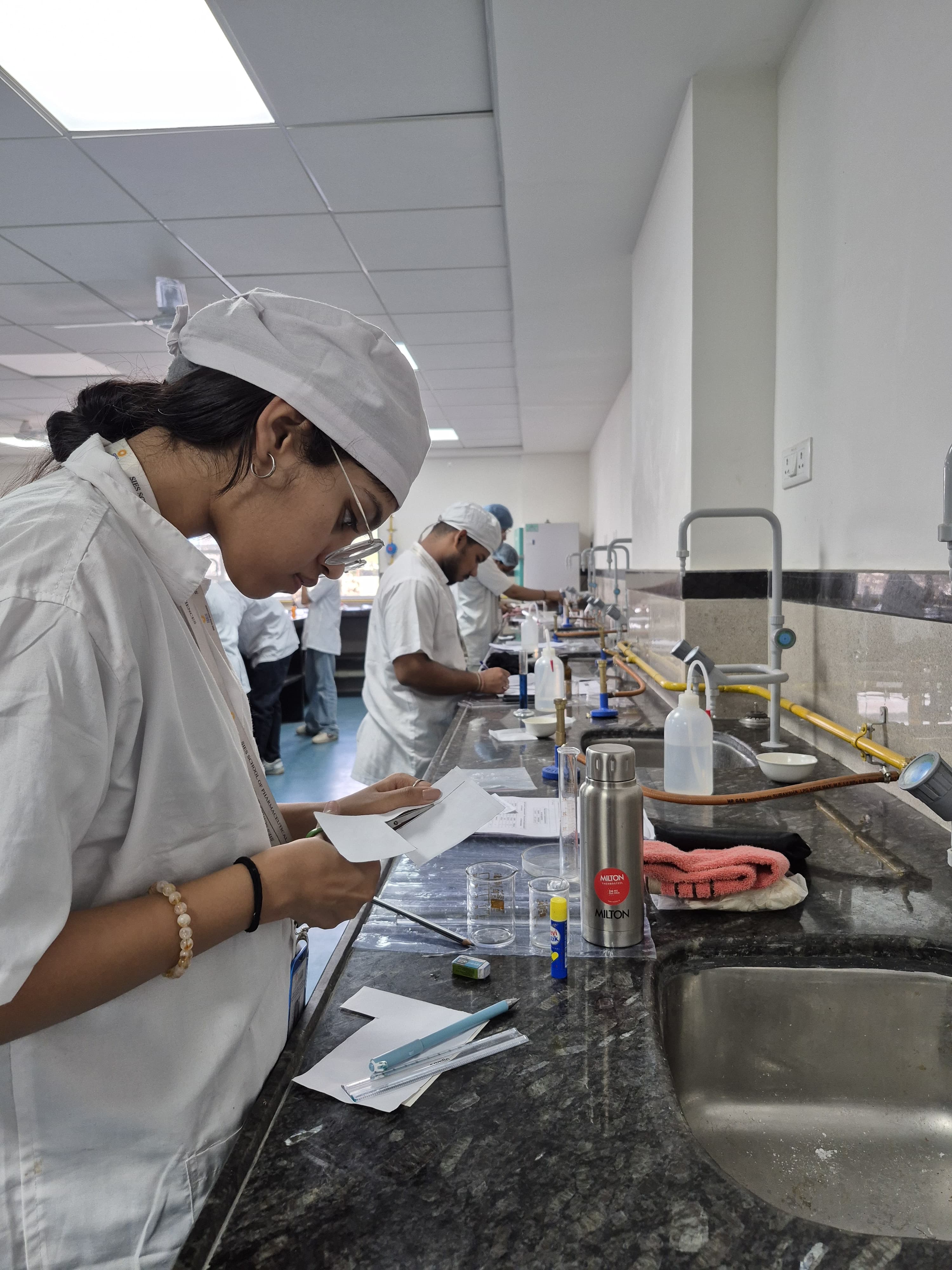
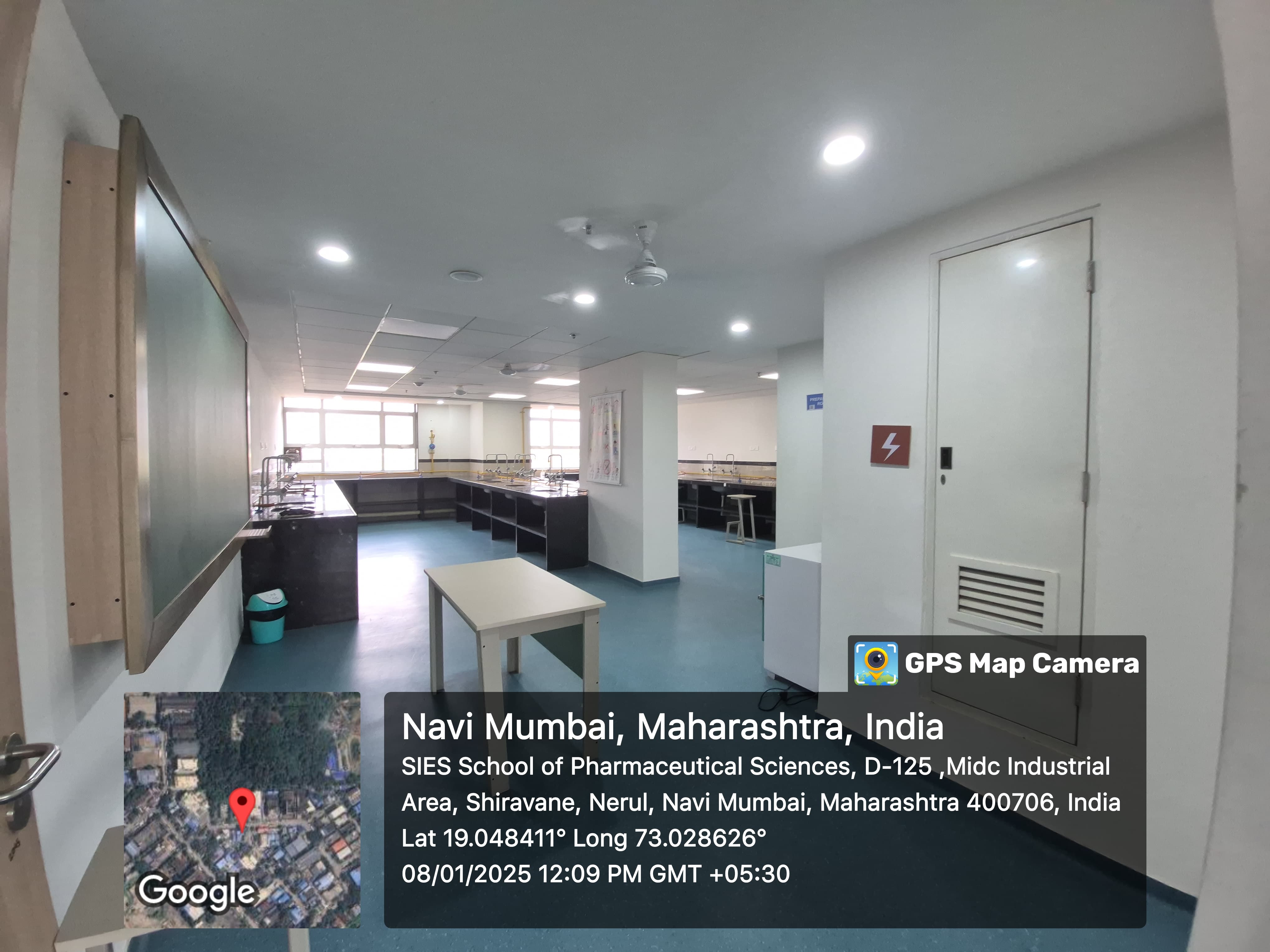
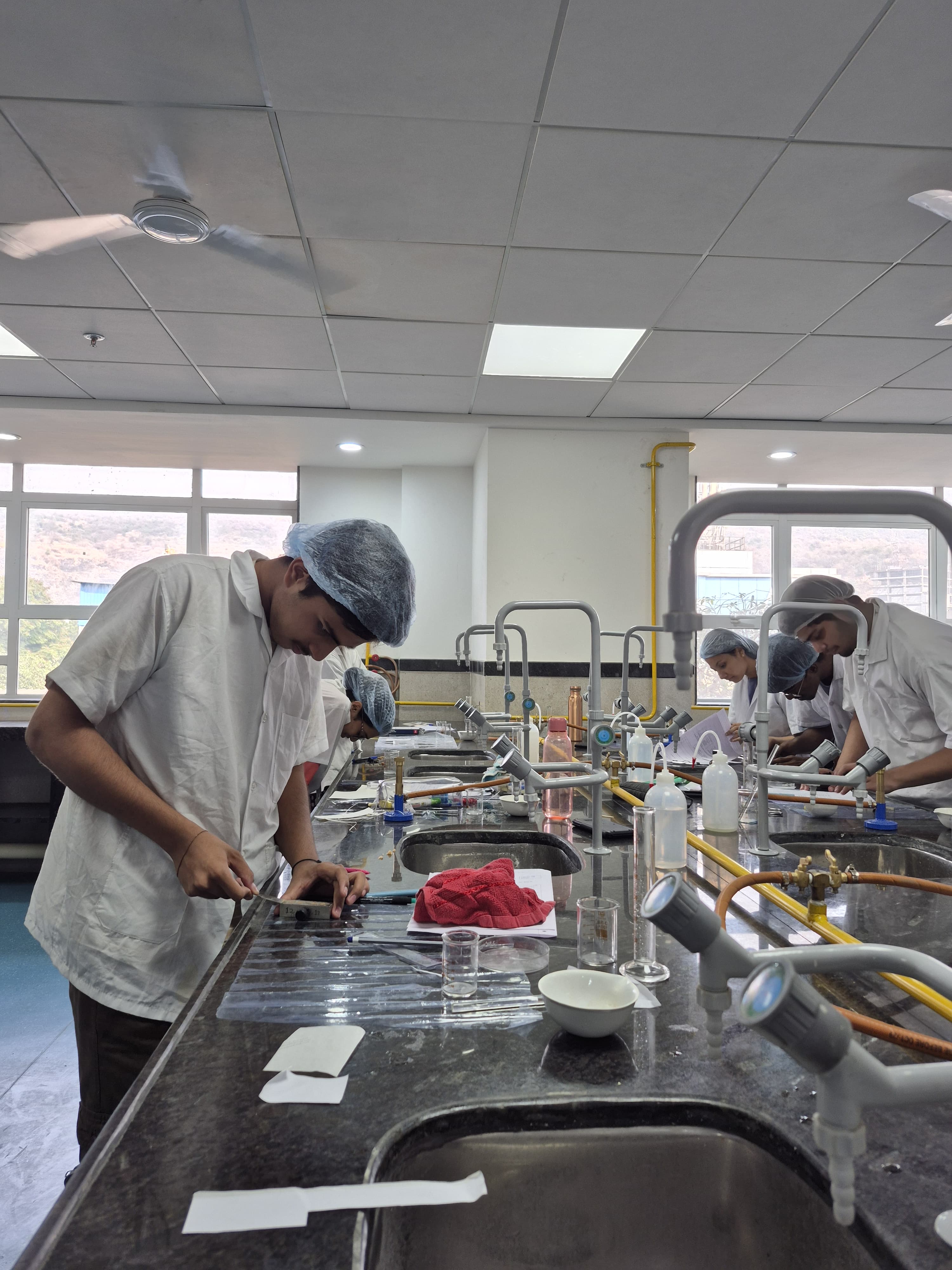
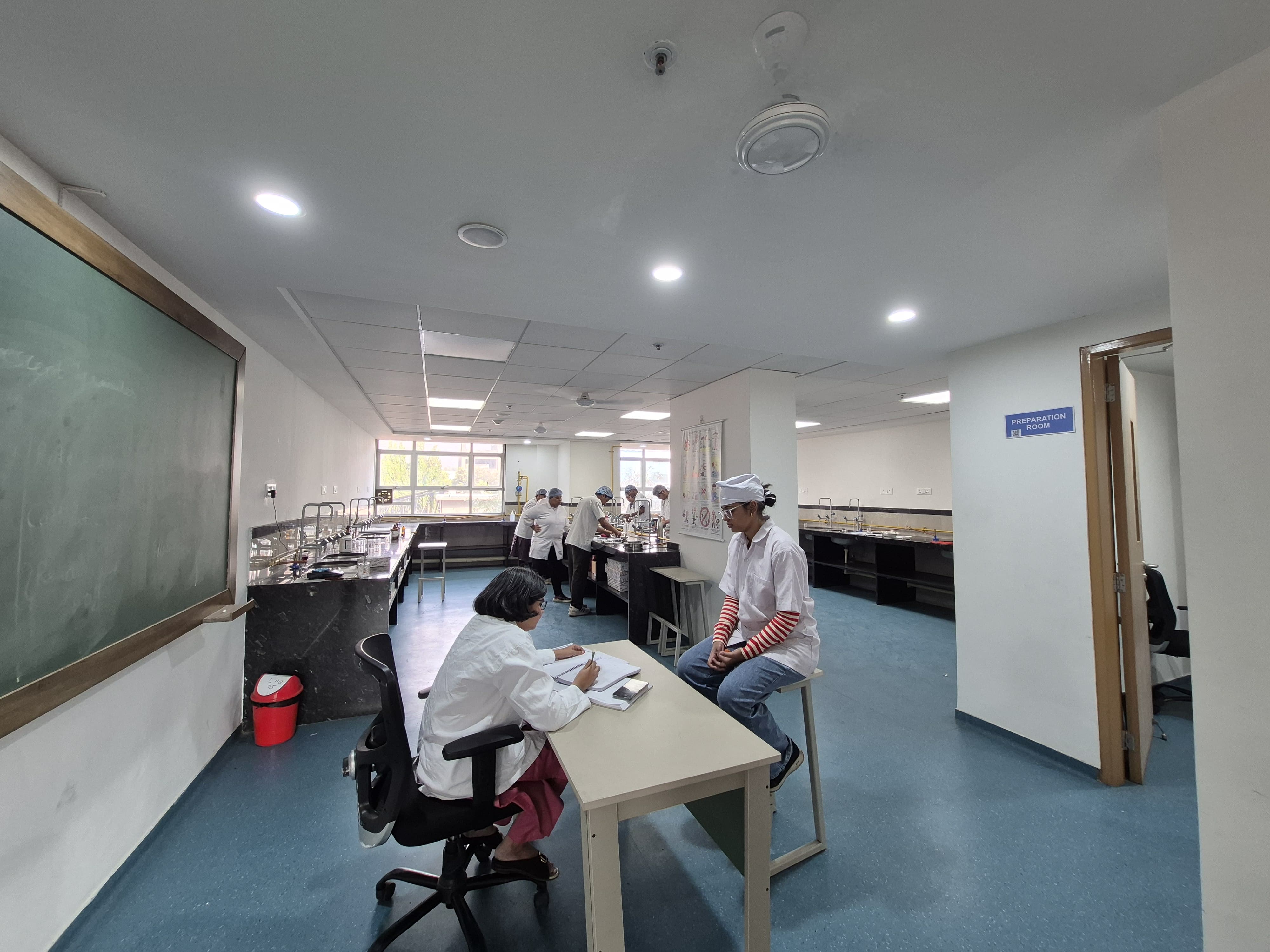
 D125, MIDC Main Road,
D125, MIDC Main Road,  +91 9833057968
+91 9833057968 siessps@sies.edu.in
siessps@sies.edu.in